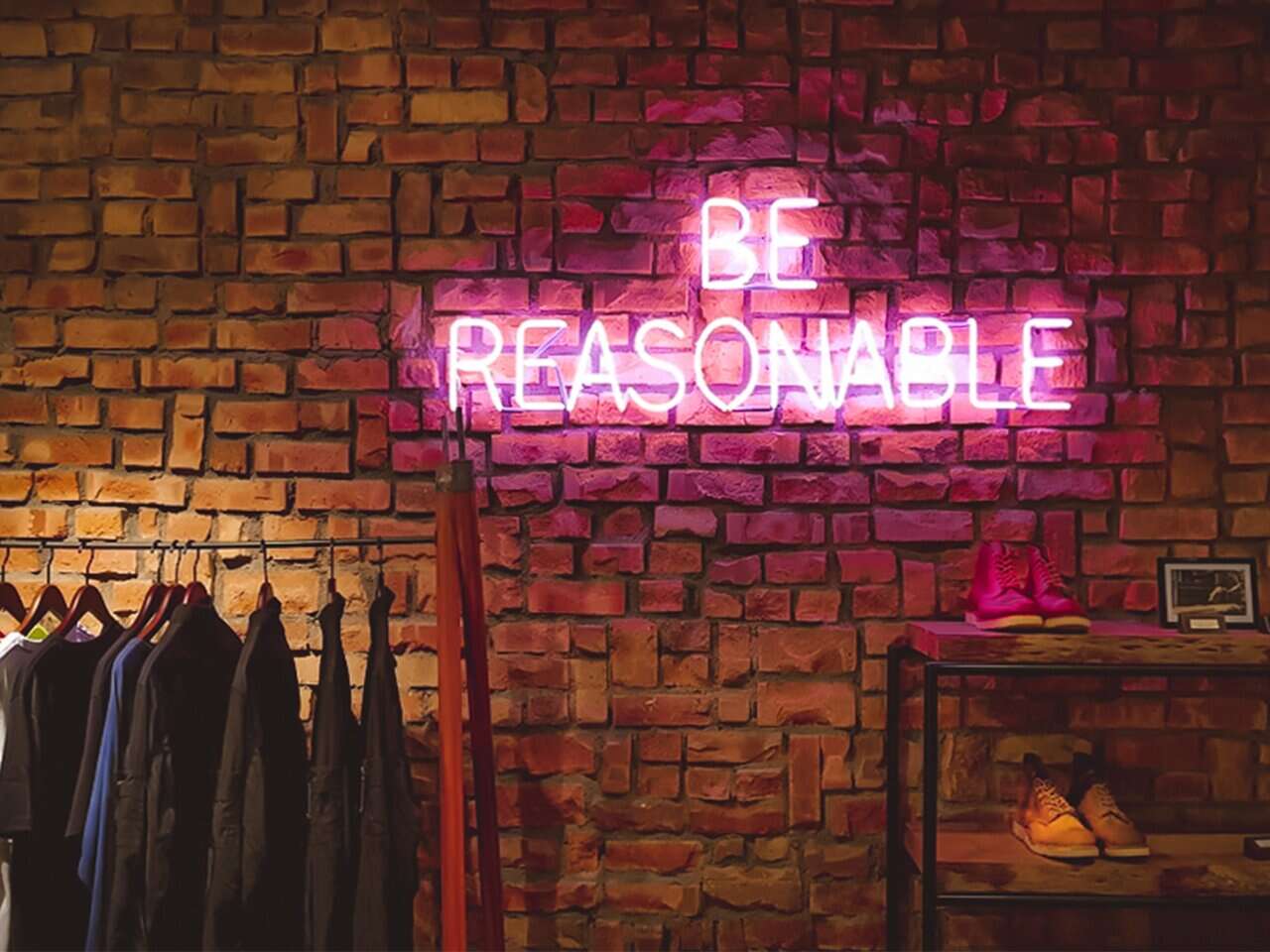Carefully-considered purchases

It can be tricky to keep your ecological footprint low when you need to buy something new. This is where ethical brands come in, offering sustainability and a relatively low environmental impact.
Unfortunately, sustainable development, eco-friendly, responsibly, green, clean and so on have now become buzzwords in the marketing and sales industries. They have been stripped of meaning, especially as they are often used for purposes which can best be described as greenwashing.
Greenwashing, for those who haven’t come across the term before, is a marketing practice aimed at giving the impression of a “clean” product, in the hopes of making the consumer forget all the other issues with the item. For instance, it might involve changing the packaging in some way (adding more green colour, using a picture of the countryside,…) or drawing attention to one “eco-friendly” aspect of the product (a bottle made with a certain proportion of recycled plastic, but which is still a plastic bottle; additive-free biscuits full of palm oil,…).
- Vidéo Brut. L’illusion verte (The green Lie)(youtube) (FR)
- Interview about the film “The Green Lie” (EN)
- Documentary on Green Marketing, by Cash Investigation (FR) (youtube)
- Greenwashing: a Fiji Water story, short video by Our Changing Climate (youtube, EN)
So is there even such a thing as a responsible purchase? The best thing you can do is to ask yourself some questions before making your final choice:
Where does my purchase come from (what company is selling it)? Where did the raw materials to make it originate , and where was it actually made? Who made it? What were their working conditions like?
- A quick first step is to turn to specific internet sites for information and assessments: goodonyou (goodonyou.eco), i-boycott.org, publiceye.ch, slow we are (sloweare.com), we dress fair (wedressfair.fr), or the apps buyornot, Yuka, clearfashion, …
- You can also carry out your own research: read the About page on the company’s website, or contact them directly to ask your questions. Brand transparency and traceability are good indicators. If it’s hard to find clear answers, something probably isn’t right !
- Compare prices with other brands : a very low price should be viewed with suspicion (as a sign of offshoring) but a high price is no automatic guarantee of quality and values.
- Always check the “made in…” label.
NB: many internet sites selling sustainable products are reselling factory-made items (which may well be good quality) bought at a low price in far-off countries with poor human rights records. These businesses are trying to do good, but they continue to support a system that is destroying the planet.
- This article in French on ethical clothing from wedressfair.fr provides some thoughts on how to choose eco-friendly fabrics, find out where your clothing comes from, and identify the labels used by the textile industry.
A useful website in English is tortoiseandladygrey.com. - As a rule of thumb when buying new, aim for local, handmade products, and small “made-in-Europe” brands which clearly state their values.
- Avoid buying new !
- Support the Responsible Business Initiative (https://corporatejustice.ch/) and tell your friends about it.